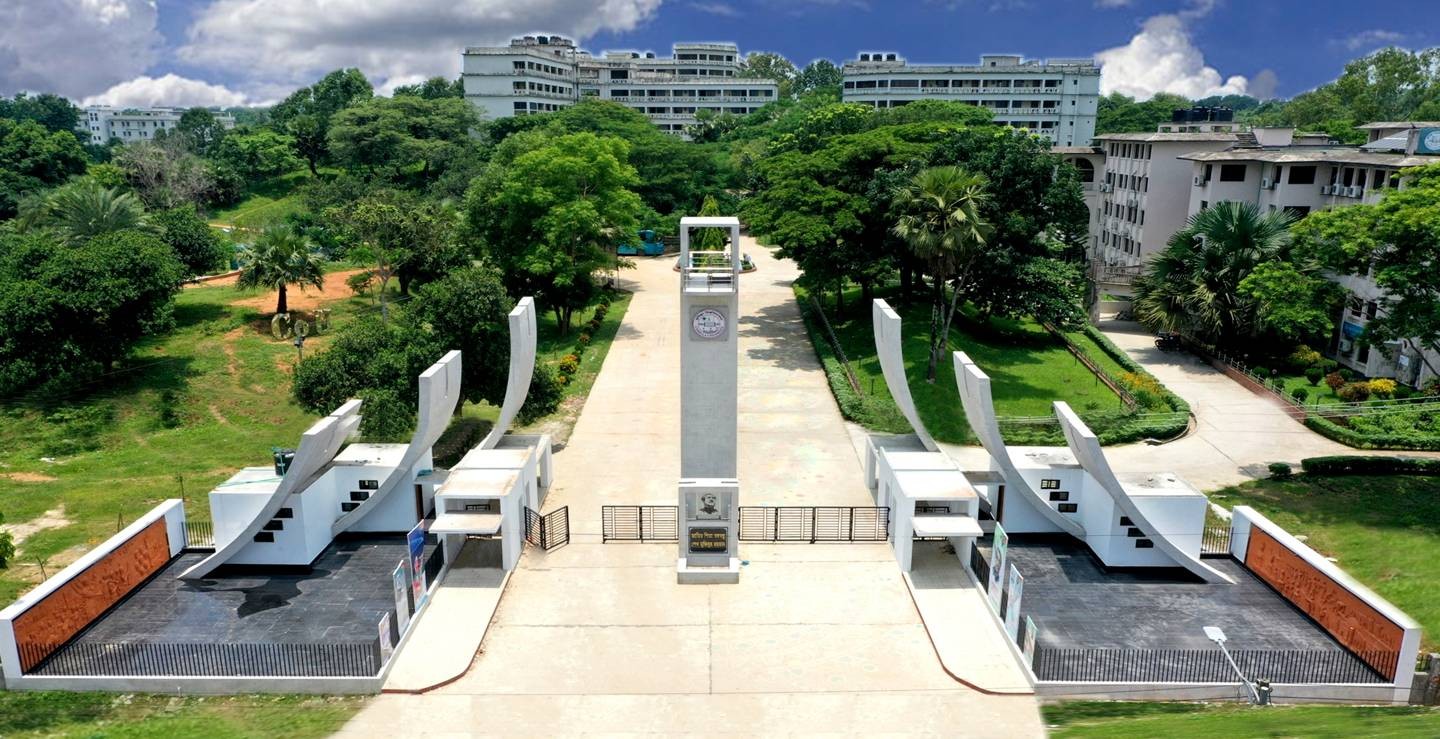By Emama Tasnim
The concept of early childhood development (ECD) is framed by the United Nations Convention on the rights of young children until they transition to primary school (around age 6 or 7). Early childhood development (ECD) is recognized as one of the most critical stages of human growth. It refers to the period from birth to age eight, when a child’s brain undergoes rapid development. This phase profoundly impacts a child’s cognitive, emotional, social, and physical growth, setting the foundation for lifelong learning and productivity. This is the golden period for them to make themselves highly thirsty for learning and physically fit to become a successful and productive person in later life
Early childhood development (ECD) plays a significant role in shaping a nation’s long-term growth and prosperity. Research shows that investing in the early years of life is effective for social, economical, and educational benefits. According to a convention, “The Importance of Early Childhood Development, United Nations Children’s Fund (2018)” by UNICEF stated that,
“Early childhood is a crucial period for brain development, and helps in nurturing the potential of children. When children have access to proper nutrition, healthcare, and early education, they are better prepared for lifelong learning and success, which is essential for economic development and competitiveness on the global stage.”A study by James Heckman highlights that ” Early investments in children yield higher returns compared to later life stages.”
A well-developed manpower , who is educated and skilled, is essential for driving innovation, productivity, and economic growth. Nations that invest in early development programs typically have higher educational attainment, better-skilled labor forces, and higher rates of economic development. For example, studies in countries like Finland and Singapore have shown that early investment in education leads to long-term national prosperity.
A research by the World Bank indicates that “For early development children invested in early childhood programs, there is a return of $6 to $17 due to increased earnings and reduced social costs including crime and welfare dependency. Countries with strong early development systems often have better GDP growth rates.”
Children who receive quality of early education are more likely to secure better-paying jobs and contribute to the economy as adults. Conversely, a lack of early childhood development can lead to increased poverty rates and income inequality, hampering national development.
Healthy children grow into healthier adults, reducing national healthcare costs and increasing life expectancy. Good nutrition and healthcare in early childhood reduces the incidence of chronical diseases and increase life expectancy. This minimize the economic burden on national health systems. A physically fit children are more likely to contribute to the national workforce. For instance , access to nutrition programs in early childhood is related with a reduction in chronical diseases and better life outcomes in adulthood.
Children who receive adequate care and education in their early years are less engage in criminal activities, contributing to safer communities and reduced criminal justice costs. For example, Rwanda has prioritized Early Childhood Development as part of its “Vision 2050 development strategy. The government established Early Childhood Development Centres to provide services like education, healthcare, and nutrition. This approach has improved child survival rates and educational outcomes, setting the stage for long-term national growth.”Today, millions of young children are not reaching their full potential because of inadequate nutrition, lack of early stimulation, learning, and nurturing care, and exposure to stress adversely affecting their development.
According to a survey of world bank, “In low- and middle-income countries across the world, 250 million children under the age of five are at risk of poverty and stunting ( low height for age). Worldwide, only 60 % of all three to six-year-olds have access to pre-primary education. In low-income countries, just one-in-five children has access to preschool. One in 200 children in the world are displaced, that can undermine their development.”
Governments, particularly in low-income countries, often prioritize other areas like infrastructure and defence over early childhood education and care, hindering long-term national development. Without proper education, nutrition, and healthcare in the early years, children may struggle to develop the cognitive and emotional skills necessary for success later in life. Some communities may not fully understand the importance of Early Childhood Development for long-term national growth. In some countries, ECD policies are not integrated into broader national development plans, leading to inconsistencies in delivery and gaps in coverage. Global events like pandemics or economic recessions can disproportionately affect Early Childhood Development programs. For example, the COVID-19 pandemic led to widespread school closures, disrupting early childhood education and development, particularly for vulnerable children.
Early Education Programmes help children in developing language, problem-solving, and social skills that are essential for later academic achievement. According to the World Bank and UNICEF, countries with strong Early Development systems tend to have higher literacy rates and lower dropout rates, which contribute to a more workforce.For example, South Korea investing heavily in early childhood education and care, and saw improvements in literacy rates, cognitive development, and economic outcomes. Similarly, Brazil has made substantial investments in early childhood education, focusing on expanding access to day care centres and preschools. This has helped reduce inequality and improve outcomes in both education and health.
Governments should prioritize investments in early childhood care and education to develop human capital from a young age. Universal access to quality education should be provided, especially for disadvantaged communities. Develop ECD policies that emphasize social and emotional learning, as well as the development of moral values. Implement policies to ensure access to proper nutrition, immunization, and health care for young children. Establish programs that educate parents about the importance of early childhood development and provide support for nurturing environments. National policies should include health interventions in early childhood programs, focusing on nutrition, immunizations, and mental health.
Investing in the early years is one of the smartest things a country can do to eliminate extreme poverty, shared prosperity, and create the human capital needed for economies to diversify and grow. Early Childhood development is not just a matter of individual well-being but a key driver of national development. Governments need to prioritize ECD policies as part of their broader development agendas for sustainable and inclusive growth.
The Writer is a Member of Social Research Group (SRG) and an undergraduate Student of Public Administration, Comilla University. This is a work in progress.
















